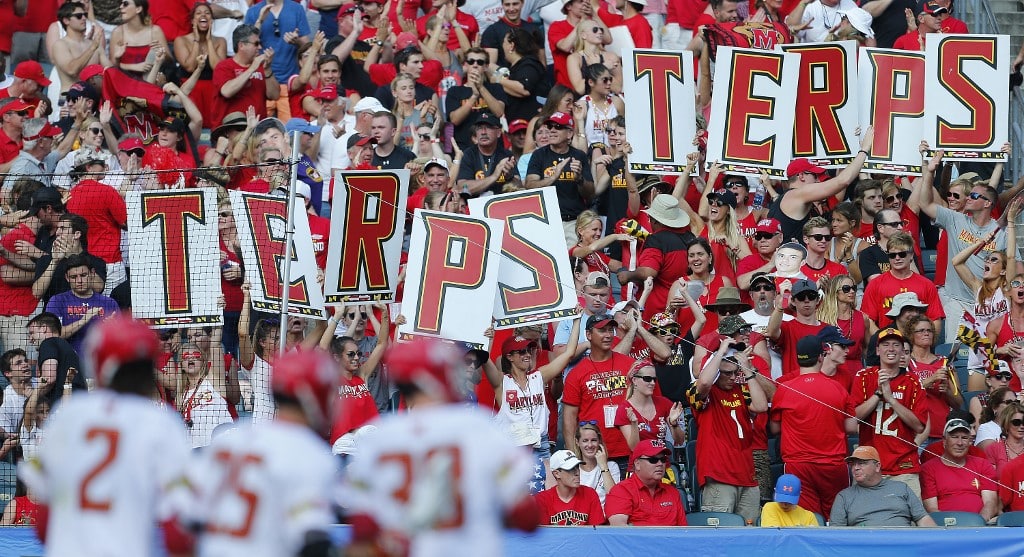
Maryland became the latest state to increase the tax rate on sports betting platforms operating in the Old Line State, but it was not as high as Governor Wes Moore had lobbied.
Maryland Wants More
Governor Wes Moore had been lobbying to double the tax rate on sportsbook revenues from 15% to 30%, but his colleagues in the legislature wouldn’t comply, and the House Ways and Means Committee members voted 13-5 to decrease the governor’s proposed 30% tax increase to a more moderate 20%. Therefore, sportsbooks will pay an extra 5% with the new tax rate hiked from 15% to 20%, effective July 1st of this year.
“This wasn’t just about balancing a budget,” Moore said in a press release announcing last week’s budget signing. “It was about weathering two storms: a fiscal crisis and a new White House that attacks our economy.”
The governor followed by posting the following on X: “We inherited a long-predicted structural deficit and a state economy that wasn’t growing. But we didn’t kick the can down the road. We addressed this issue head-on.”
The new twist to the increased budget has 5% of the revenue collected going to the state’s general fund, with 95% going towards Maryland’s education system. As Truist analysts began to learn that Maryland would be the latest state to bump sportsbook taxes, they noted the following:
“The greater risk, of course, is more states follow suit and explore higher gaming taxes,” the note said.
The Silver Lining
Industry titans like FanDuel and DraftKings will be the most equipped to handle the tax increase in Maryland and other states that have raised the tax rate on sportsbooks’ revenues. Illinois and Ohio recently increased their rates, while North Carolina and Louisiana lawmakers are also contemplating a tax hike.
However, the news may not all be negative for Maryland’s sportsbooks, as a recent iGaming bill was recently announced when State Delegate Vanessa Atterbeary sponsored House Bill 17, which would bring online casino gambling to the state. Senator Ron Watson sponsored a similar bill, SB 340, that essentially mirrors Atterbeary’s legislation.
Atterbeary introduced her iGaming measure, saying, “We’ve seen other states significantly boost their economies with online gaming. This legislation will bring Maryland into the future while providing critical funding for education and other essential services.”
A Glimpse at the National iGaming Landscape
Although passing online casino gambling legislation may be difficult so late in the session, the fact that legislators are discussing it portends an optimistic outlook for next session. Only seven states have passed iGaming legislation, including New Jersey, Delaware, West Virginia, Pennsylvania, Michigan, Connecticut, and Rhode Island.
Bringing iGaming to the masses has not been nearly as easy as passing sports betting, despite the revenues being markedly higher. It should be noted that 38 US states have some form of sports betting, while Missouri has scheduled December 1st, 2025, for its launch date, bringing the number of states to 39 as of this writing.
Opposition Remains
Fears of addictive gambling and cannibalization of land-based casinos have hindered lawmakers from giving online casino gambling the green light. However, as budget deficits widen, iGaming becomes a much more attractive revenue stream.
Truist analysts have opined the following on Maryland’s current gaming industry, stating, “Ultimately, we think 1) this may be a step on the road to iGaming legalization, and 2) market leaders DraftKings and FanDuel are likely best positioned to weather any storm as potential market share consolidators.”







